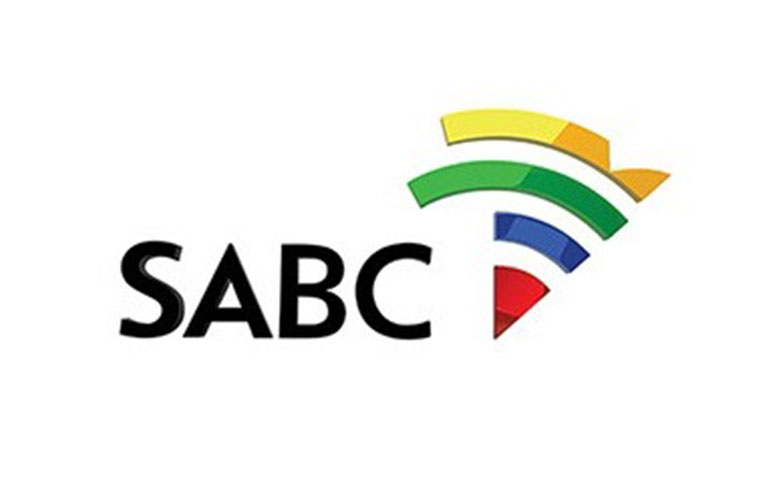Music blackout could face SABC radio stations as South African Music Performers Rights Association threatens to sue over millions of Rands owed to musicians
By Edward Tsumele, CITYLIFE/ARTS Editor
Can you imagine waking up in the morning one day and you tune in to Metro FM and all you hear are talking heads and their guests throughout the day and no sound of music at all.
If that sounds far-fetched think carefully again because that prospect is not only a remote reality, but may happen soon, unless money changes hands between the SABC and the music royalties collection association the South African Music Performers Rights Association (SAMPRA)..
SAMPRA has in fact confirmed to CITYLIFE/ARTS, that it intends to file a case “in two weeks” time with the Southern Gauteng High Court to demand that the public broadcaster not only immediately pay R250 million of royalties it claims the SABC owes musicians, but that it commits to paying all the royalties it may owe musicians in the future.
In the meantime, SAMPRA also wants the court to interdict the SABC from playing all music, local and international, on its channels while the case is being heard. If the court grants SAMPRA’s wish, this could mean programming disaster that would plunge the SABC’s shows into chaos..
“SAMPRA has, in the last 4 years, distributed more than R860m of neighbouring/needle time rights royalties to recording artists and record companies #royalties. We would have distributed in excess of R1.1b if the SABC was paying us for the usage of tracks by our members (more than 38 000 recording artists and more than 6 000 record companies). After years of negotiating with the SABC, we’ve come to the conclusion that the SABC negotiates in bad faith, and does not care about musicians. We have, therefore, taken the decision to litigate against the SABC. Our calculation indicates that the SABC owes us in excess of R250m. We are asking the High Court to order the SABC to pay us all outstanding royalties and to commit to paying future royalties.
“We are also asking the high court to interdict all SABC radio stations from performing tracks until the SABC has committed itself to paying outstanding and future royalties. This means that SABC radio stations will not be able to perform any tracks, whether local or international, until they start respecting artists. Let’s see if the SABC survives without music,” said SAMPRA Chief Executive Officer Pfanani Lishivha.
If the court granted SAMPRA all its wishes, this could cripple the public broadcaster as it relies a lot on music to beef up its programmg across its channels, particularly radio stations.
This demand by SAMPRA has come against the background of a difficult financial position the public broadcaster finds itself, having suffered huge financial losses for many years in a row, forcing it to rely on government guarantees to run its operations for years. In recent months the SABC was also forced to retrench many of its staff in a bid to come out of its untenable financial hole, only having managed to make a minimal profit in years only this year.
These demands also come against the background of an almost decimated music industry due to the effects of Covid-19, that have seen musicians unemployed for lengthy periods of time. The past 18 month have witnessed several lockdowns as a result of the Pandemic. The lockdowns were necessitated by the need to minimize human movement and gatherings to arrest the rate of the coronavirus infections. Crowd pulling cultural events such as music concerts, theatrical productions, for example are banned under the risk adhusted lockdown Level 4.
The several lockdowns in reality therefore also meant that that music concerts, theatrical productions and corporate gigs have been curtailed, depriving musicians and other live performers an opportunity to earn a living. Special government Covid-19 funds provided to mitigate the effects of the lockdown on the cultural and creative industry have proven to be inadequate, and in some cases chaotically handled by officials, giving rise to arts activism in the sector as the creatives demanded that government treats the sector fairly and justly under these difficult times.
This year for two months a group of artists that have come to be known as Abahlali Base NAC , and which has since formalized itself into a movement called Abahlalli Movement Drive, occupied the NAC offices for two months. Their issue was the less than satisfactory manner in which the National Arts Council had handled the Presidential Economic Stimulus Package fund, one of several government initiated relief funds aimed at assisting vulnerable sectors during these lockdowns.
Citylife Arts understands that Sampra has managed to reach the figure of R250 million owed to recording companies and its performer members by using the new digital technology of block-chain, enabling the royalty collection association to independently receive playlists from all radio stations in South Africa, including all SABC radio stations.










